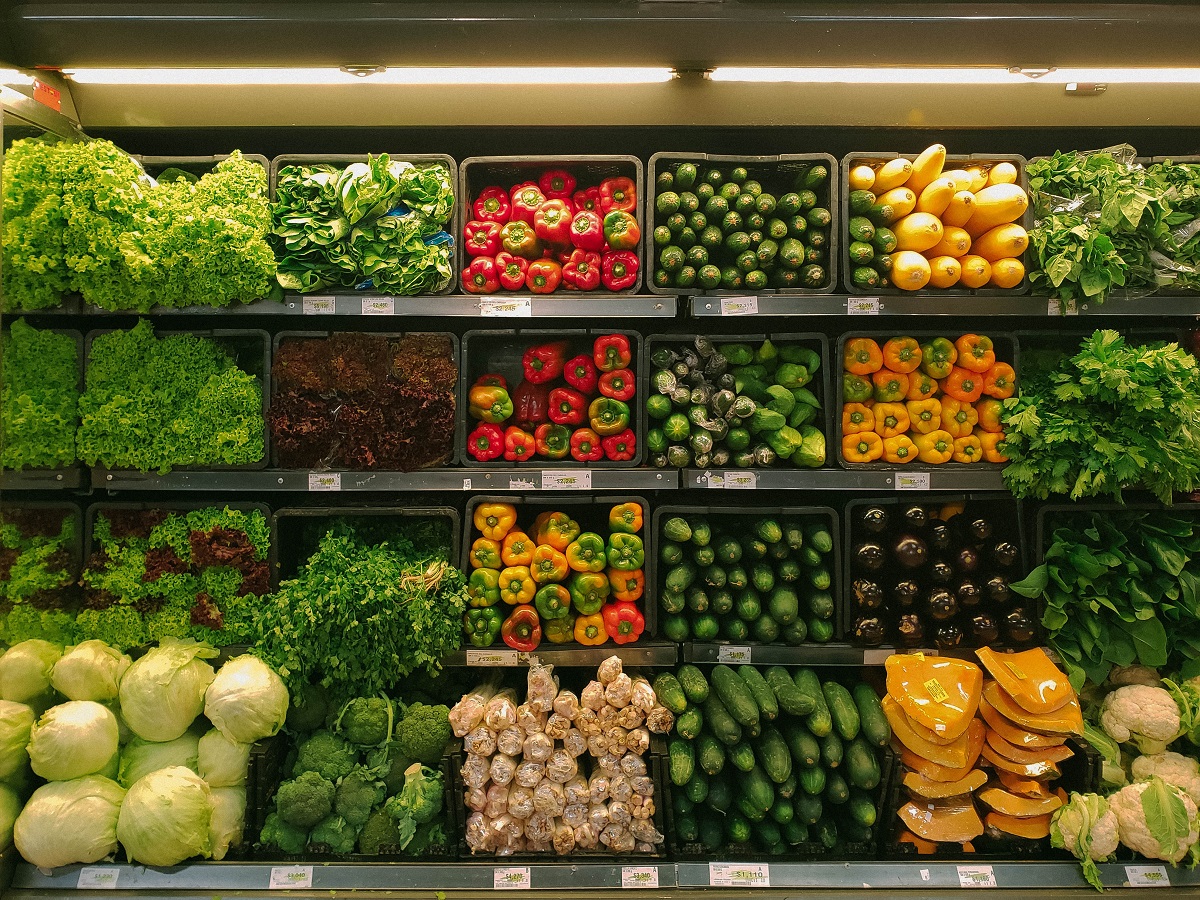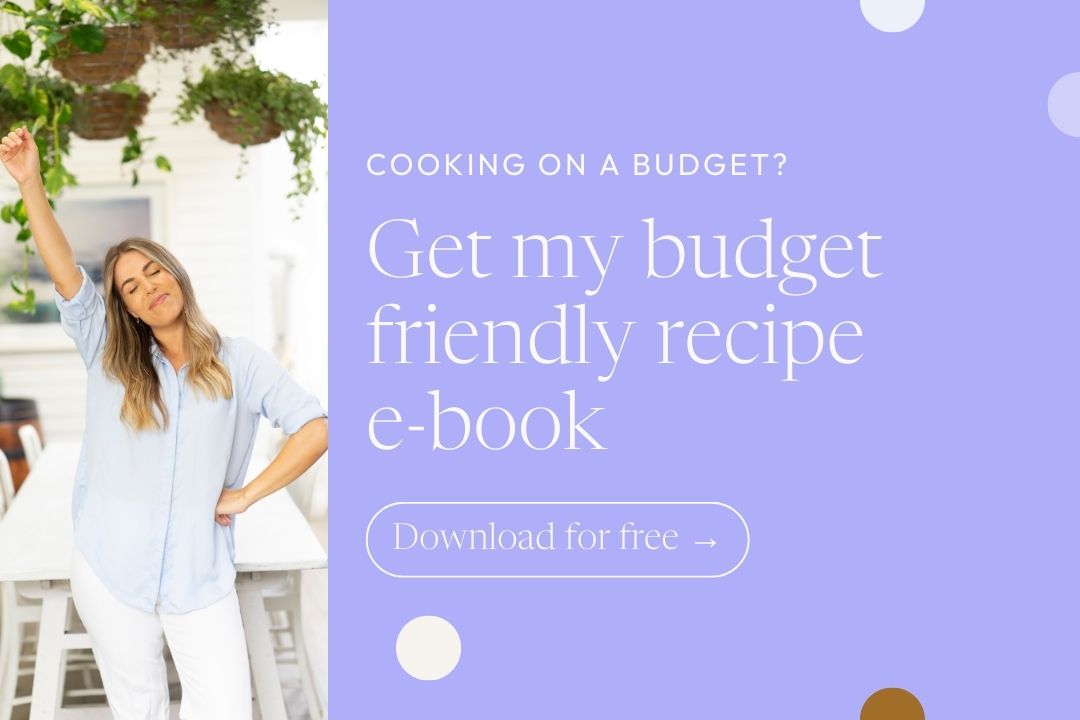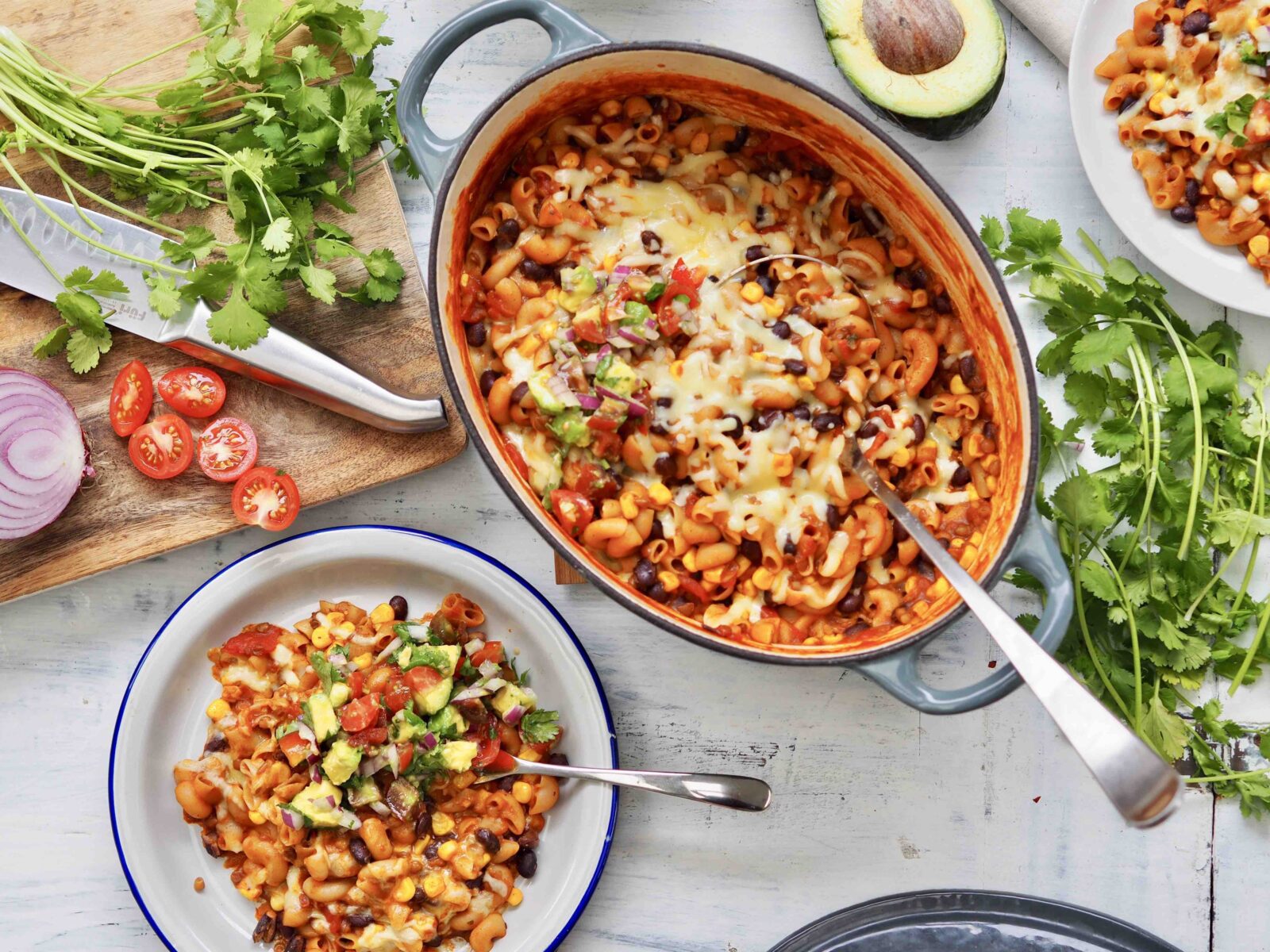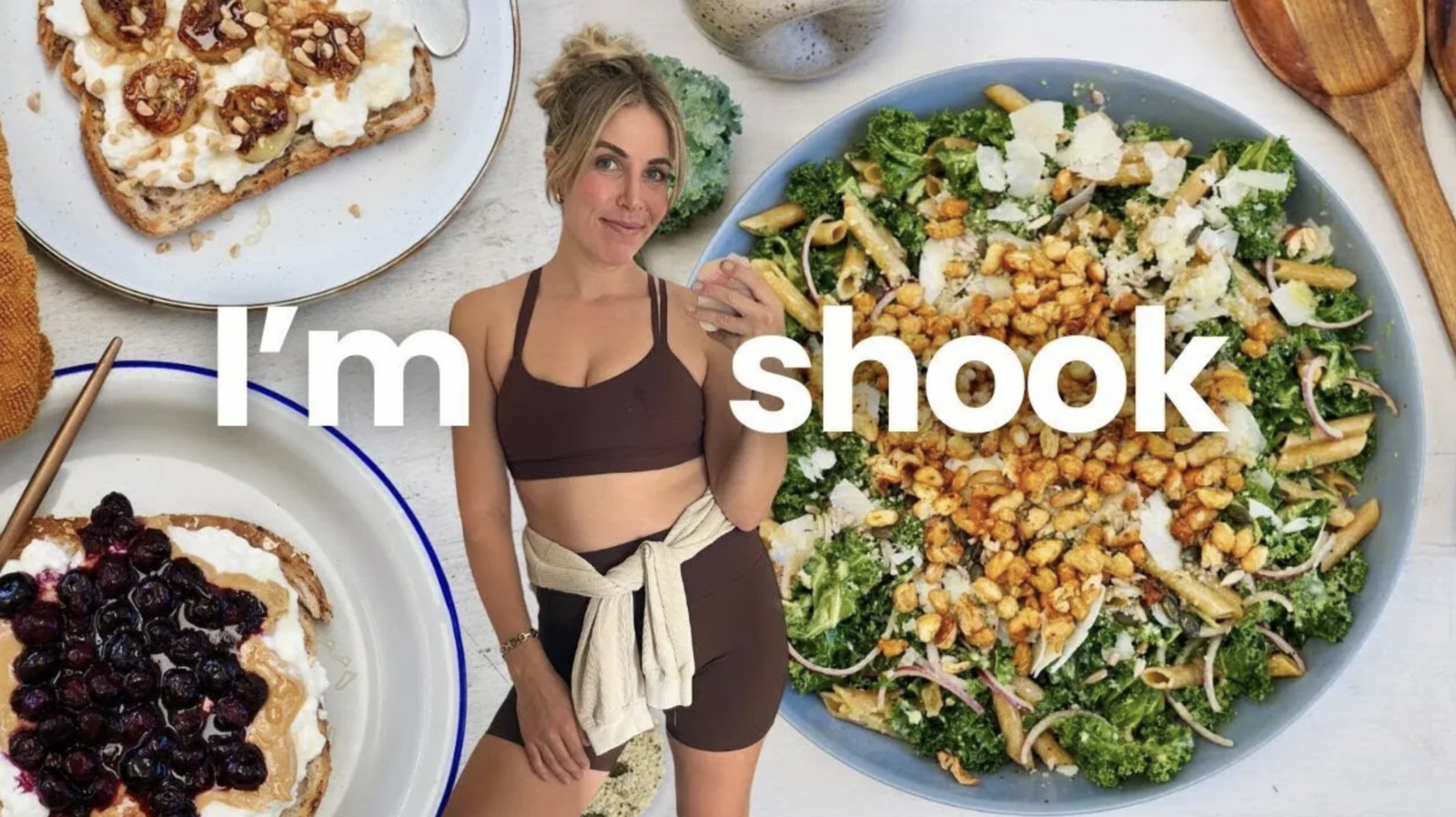Should you buy organic produce? Can you get all the nutrients your body needs from food alone? Are supplements essential?
There’s a lot of talk about the chemicals and pesticides in our food. ‘Health gurus’ making claims about different supplements for better health. Making us question if our diet is really giving us the nutrients we need.
So, let’s take a closer look at organic food and supplements to find out if it’s worth the extra money. Or just a trendy way to spend more.
Is organic the new black?
Organic food. The term alone can stir up a bunch of opinions faster than you can say “non-GMO”.
Let’s be real. Organic produce claiming to be free of pesticides and good for the environment, can really catch your eye. But beyond the labels and higher price tags, it’s essential to understand what “organic” really means. And most importantly, if it lives up to its claims.
The higher price tag (that makes you check the tag twice!) really boils down to farming practices. Organic farmers can’t use synthetic pesticides or fertilisers. This makes their job harder. And the produce more expensive. While some may find the benefits of organic food worth the cost, eating organically isn’t the only way to eat healthily.
The dirty dozen
The “dirty dozen” refers to 12 types of produce recommended to buy organic due to higher pesticide levels. However, Australian farming practices are already quite strict with pesticide use. Farmers are aware consumers prefer less pesticide usage and adopt modern techniques like targeted irrigation and natural pest control to minimise it.
In Australia, obtaining organic certification is rigorous and costly for farmers. Affecting the final product yield and price.
There’s a lot of fear-mongering about pesticides, but modern farming methods have made food production more efficient and affordable, helping to feed more people. Washing your produce, whether organic or not, remains a simple and effective way to reduce any residual pesticides. While organic farming has its benefits, the science is still out on whether eating organic leads to significant health improvements.
In saying this, it’s important to keep in mind that farming practices differ between Australia and other countries, like the U.S.

Organic VS non-organic: Is the extra cost justified?
Choosing to go organic or not comes down to your values regarding farming and the environment. Not just health.
Consider what you value and your budget. With the cost of living on the rise, meeting the recommended servings of fruit and veg while eating organic is not something most people can afford. If nutrition and saving money are your priorities, know that regular Australian produce is still safe and nutritious to eat.
On the other hand, if you support eco-friendly farming, care about animal welfare, AND can afford it, organic might be for you.

Supplements: secret to health or expensive wee? (Yup, you read that right!)
While supplements can play a role in addressing specific nutritional gaps, they should not replace a varied and balanced diet.
Nutrition professionals often refer to supplements as expensive urine. Because anything that your body already has, it’s going to excrete out. So taking supplements you don’t actually NEED isn’t only expensive. But it also creates an extra load on your body to process these nutrients first.
Whatever you do, please don’t fall for clever marketing tactics and fancy supplement packaging with the promise of eternal life. Most food sold in the health food aisle are total BS.
Can you get everything from a normal, healthy Western diet?
Yes. Australian Dietary Guidelines suggest a varied diet helps meet individual nutritional needs. But many people don’t meet these standards.
So, the need for supplements comes down to individual dietary restrictions. If your diet lacks variety due to personal preferences or dietary restrictions, supplements may help fill the gaps. However, it’s always best to prioritise eating whole foods first. If in doubt, consult with a healthcare provider to determine your specific needs and get regular blood tests.
Iron is super important for keeping your energy up and feeling fabulous, so it’s something that often gets checked in blood tests. Especially if you might not be getting enough from your food. It’s also estimated that one-quarter of Australian women don’t get enough calcium. A mineral essential for bone health. Additionally, some health-focused individuals might not eat enough whole grains and legumes, missing out on fibre and affecting gut health. Especially if following low-carb diets.
And please don’t take health advice from health gurus on the internet. Often, they just scare you into buying their pricey supplements. (No matter how pretty they’ll look on your shelf!)
The verdict: to buy or not to buy organic food and supplements
Here’s the thing. A well-balanced, healthy diet should provide you with all the nutrients necessary for good health. But busy lives and an overload of health advice can make it feel like a dream than a daily reality.
So where do you start?
Before turning to organic produce or supplements, focus on including a variety of whole foods you first. Aim for 5 serves of vegetables per day. Try adding more legumes to your meals. Cook at home more. And when in doubt, reach out to a healthcare professional for guidance.

And if you’re looking for real health that lasts longer than a celebrity marriage, it’s time for a new approach. Here’s how I can help you…
Want to be healthy but can’t handle going on another pesky diet? My Back to Basics App has everything you need. Try it FREE for 7-days.
Want help with binge or emotional eating? Check out my online program Binge Free Academy. It’s already helped thousands of people create a healthier relationship with food.
